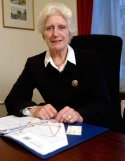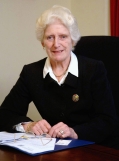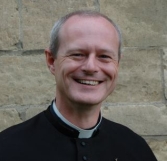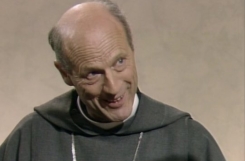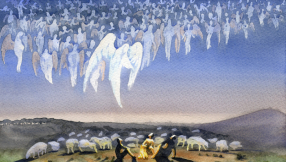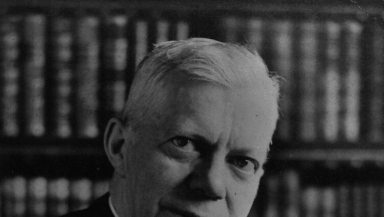
A highly-respected 20th century Church of England bishop was a paedophile, it was revealed today.
The shocking revelations about the late Bishop of Chichester George Bell came when the Church of England disclosed it had apologised and paid damages following a civil sex abuse claim against him.
The allegations against Bell date from the late 1940s and early 1950s and concern sexual offences against an individual who was at the time a young child.
Bishop Bell, born in 1883 and who died in 1958, became Bishop of Chichester in 1929. He was revered as a leading light on the Anglo-Catholic wing of the Church and at one time was even in the running to be Archbishop of Canterbury. He had been a Queen's Scholar at Westminster School and was elected after that to a scholarship at Christ Church Oxford where he studied theology.
He was a prolific author and also appeared in works of fiction by others, most notably in the best-selling novel Ultimate Prizes by Susan Howatch and as Francis Wood, Bishop of Cirencester in Anthony Horowitz's TV series Foyle's War. He was also a character in Alison McLeod's novel Unexploded.
The current Bishop of Chichester, Dr Martin Warner, said the news had brought "a bewildering mix of deep and disturbing emotions."
In its effect on the legacy and reputation of George Bell, it "yields a bitter fruit of great sadness and a sense that we are all diminished by what we are being told," Dr Warner added. "We remain committed to listening to all allegations of abuse with an open mind. In this case, the scrutiny of the allegation has been thorough, objective, and undertaken by people who command the respect of all parties. We face with shame a story of abuse of a child; we also know that the burden of not being heard has made the experience so much worse. We apologise for the failures of the past.
"The revelation of abuse demands bravery on the part of a survivor, and we respect the courage needed to tell the truth. We also recognise that telling the truth provides a legitimate opportunity for others to come forward, sometimes to identify the same source of abuse."
Chichester has been at the centre of a number of other, more recent allegations of abuse by different clergy.
Dr Warner said: "We also believe that in the Church of England as a whole, and certainly in the diocese of Chichester, we have done all we can to ensure that our safeguarding policies reflect best practice, and are fully and evenly implemented. The statement below speaks of an earlier report of this case, in the 1990's.
"There will no doubt be some who allege a cover-up by the Church. We acknowledge that the response then would not be adequate by today's standards, although that falls far short of a cover-up. In the present context, the diocese of Chichester has worked with police and other agencies to ensure that we have sought the fullest understanding possible of what happened."
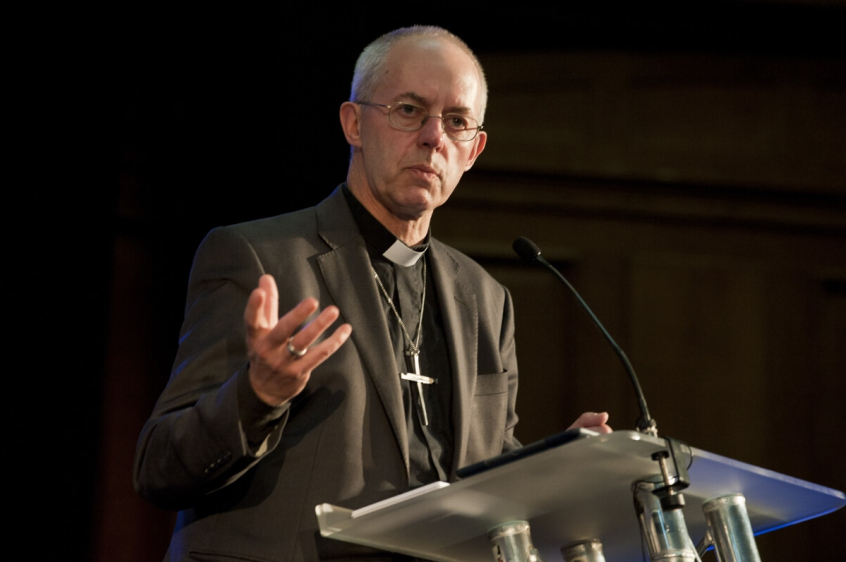
The survivor first reported the abuse to the then Bishop of Chichester, Eric Kemp, in August 1995. Bishop Kemp responded to the correspondence offering pastoral support but did not refer the matter to the police or, so far as is known, investigate the matter further. It was not until contact with Lambeth Palace in 2013 that the survivor was put in touch with the safeguarding team at the Diocese of Chichester who referred the matter to the police and offered personal support and counselling to the survivor.
Tracey Emmott, the solicitor for the survivor, said: "The new culture of openness in the Church of England is genuinely refreshing and seems to represent a proper recognition of the dark secrets of its past, many of which may still not have come to light.
"While my client is glad this case is over, they remain bitter that their 1995 complaint was not properly listened to or dealt with until my client made contact with Archbishop Justin Welby's office in 2013.
"That failure to respond properly was very damaging, and combined with the abuse that was suffered has had a profound effect on my client's life. For my client, the compensation finally received does not change anything. How could any amount of money possibly compensate for childhood abuse? However, my client recognises that it represents a token of apology. What mattered to my client most and has brought more closure than anything was the personal letter my client has recently received from the Bishop of Chichester."
In his letter to the survivor Dr Warner acknowledged that the response from the Diocese of Chichester in 1995, when the survivor first came forward, "fell a long way short, not just of what is expected now, but of what we now appreciate you should have had a right to expect then."
In line with the recommendations of the Church Commissaries' report into the Diocese of Chichester in 2012, the settlement does not impose any form of "confidentiality agreement" restriction regarding public disclosure upon the individual. However the survivor has chosen to remain anonymous.
Following a meeting between the survivor and Sussex police in 2013, it was confirmed by the police that the information obtained from their enquiries would have justified, had he still been alive, Bishop Bell's arrest and interview, on suspicion of serious sexual offences, followed by release on bail, further enquiries and the subsequent submission of a police report to the CPS.
A formal claim for compensation was submitted in April 2014 and was settled in late September of this year. The settlement followed a thorough pre-litigation process during which further investigations into the claim took place including the commissioning of expert independent reports. None of those reports found any reason to doubt the veracity of the claim.










